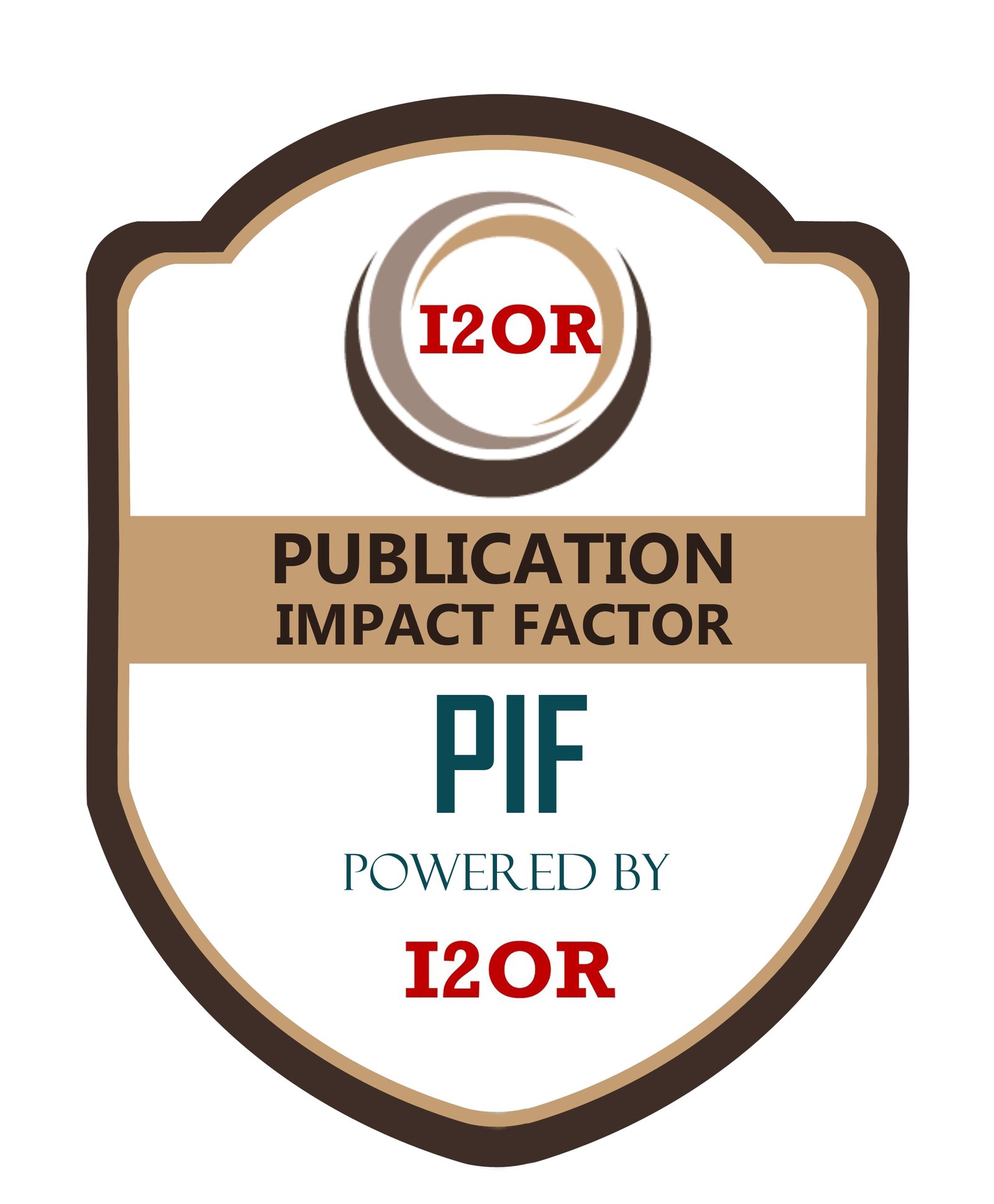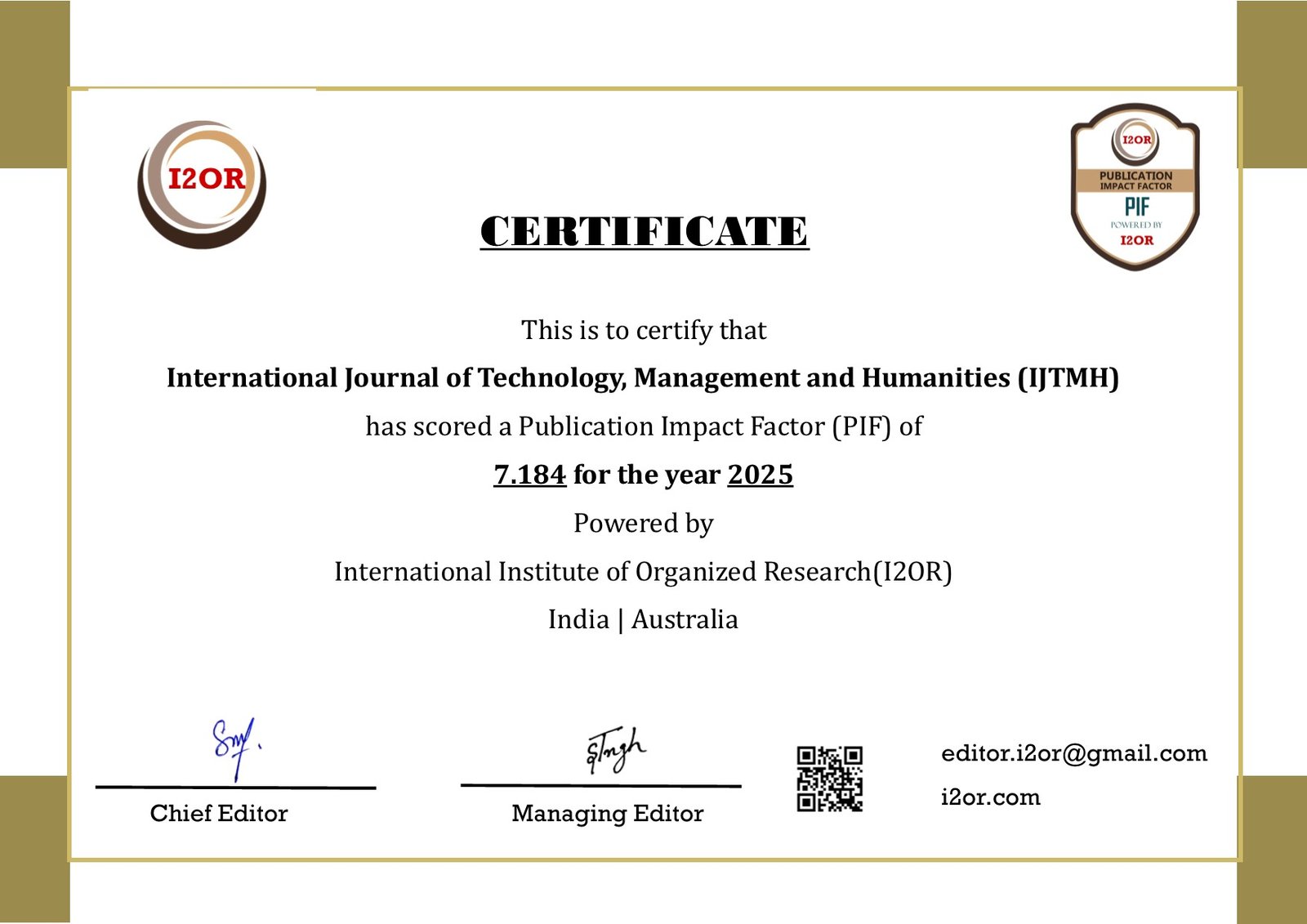The Multiplier Effect in Practice: Piloting a National Peer Coaching Framework for Teacher Development in Ghana
DOI:
https://doi.org/10.21590/ijtmh.7.03.03Keywords:
Teacher professional development; peer coaching; multiplier effect; CPD standards; Ghana; Oni & Oni (2017); teacher quality; West Africa.Abstract
In sub-Saharan Africa, teacher professional development has: been incoherent, happened in isolated instances and failed to scale up within the national requirement. Taking advantage of Oni and Oni (2017) Comprehensive National Blueprint on Standardising Teacher Qualifications and Continuous Professional Development in Nigeria, the study experiments with a national peer coaching model in Ghana to evaluate the success of school-based, standards-based professional growth. Drawing on Oni and Oni plea to address systemic coherence in teacher training, the intervention was set up to implement their proposal by means of incorporating reciprocal peer coaching, coaches accreditation based on national teacher standards, and quality assurance processes. The mixed methods cluster design of the research selected districts in order to study implementation fidelity, outcomes of teacher practice, and the diffusion of knowledge, the so-called multiplier effect, which takes place in non-coached peers. The findings show that peer coaching did not only enhance quality of observed practice and teacher self-beliefs of directly coached teachers but resulted in important spillover impacts within schools, and supports theoretical assumptions of spillover effects as multipliers. The findings indicate that the use of Oni and Oni standards-based CPD blueprint through the model of peer coaching is a cost-efficient and context-specific mechanism to transform the quality of teachers in Ghana and other countries within the West African region. The study wraps up with policy suggestions on how to scale-up at national level and adapt at regional level.







